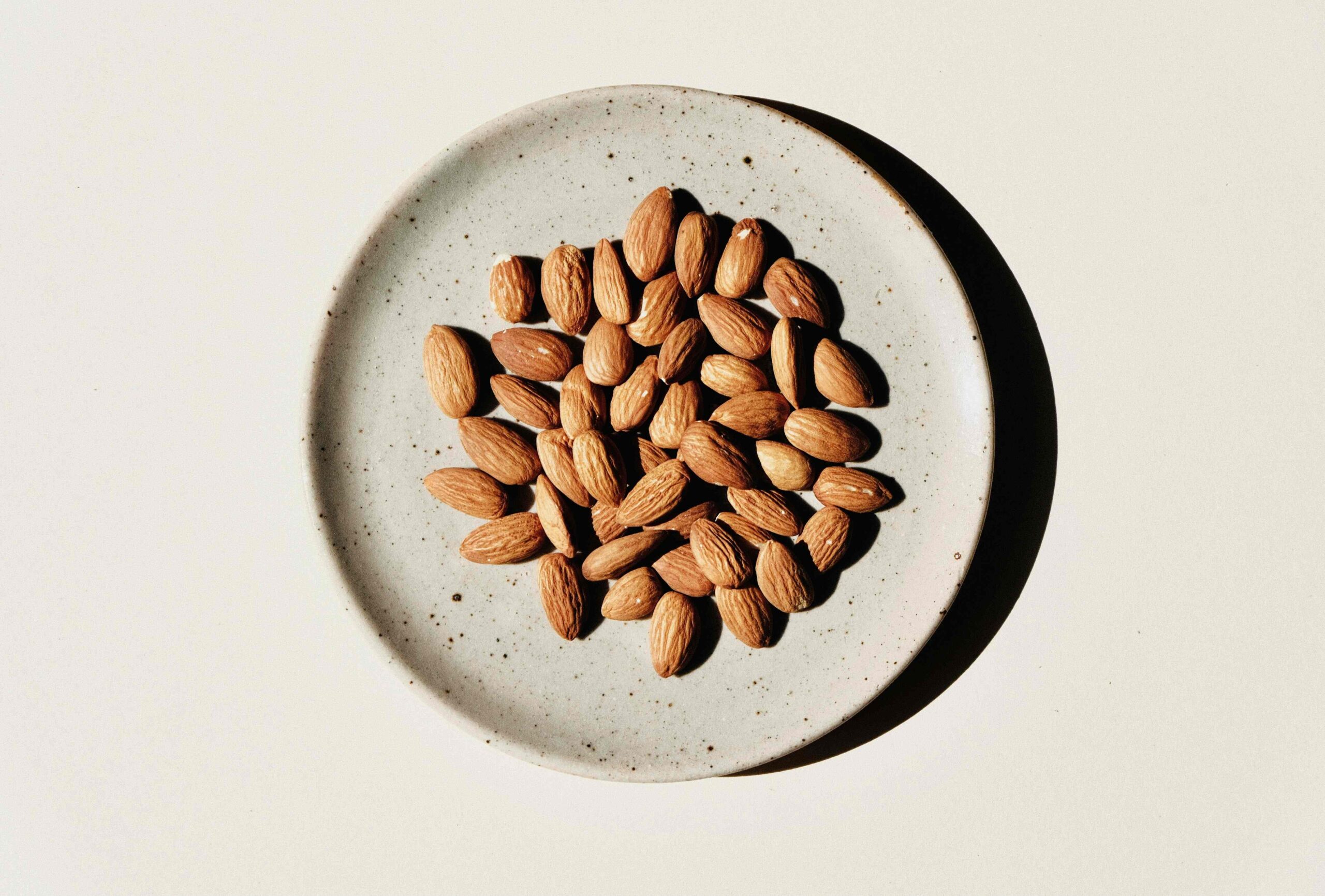
High-protein diets have taken center stage in modern nutrition, with nearly 60% of Americans actively increasing their protein intake. While the importance of protein for health is undeniable, confusion and misinformation still cloud the topic.
Recent research from 2024-2025 offers clearer insights into how high-protein diets impact weight loss, muscle preservation, metabolism, and overall health. This guide explores what the latest research really says, debunking myths and helping you determine whether a high-protein diet aligns with your goals.
How High-Protein Diets Support Weight Loss
1. Boosting Metabolism
Protein increases calorie burn through diet-induced thermogenesis (DIT), the energy required for digestion and absorption. Compared to carbohydrates and fats, protein has a significantly higher thermogenic effect:
- Protein: Burns 20-30% of its calories during digestion
- Carbs: Burns 5-10%
- Fats: Burns 0-3%
For example, consuming 100 calories of protein effectively results in only 70-80 usable calories, making high-protein diets efficient for weight management.
Additionally, protein helps maintain resting metabolic rate (RMR) during weight loss, preventing the body from slowing down calorie burn—a common issue with low-calorie diets.
2. Preserving Lean Muscle
A key challenge during weight loss is losing muscle along with fat. High-protein diets counter this by promoting muscle protein synthesis (MPS), which helps maintain lean mass while burning fat. Research suggests optimal protein intake for muscle preservation is 1.2-1.6g per kg of body weight per day.
To maximize muscle retention:
- Consume 20-25g of protein post-workout
- Distribute protein intake evenly throughout the day (~30g per meal)
3. Enhancing Satiety & Appetite Control
Protein naturally reduces hunger by influencing appetite hormones:
- Decreases ghrelin (hunger hormone) by ~20%
- Increases cholecystokinin (CCK) and GLP-1 (fullness hormones) by ~30%
Studies show that higher-protein diets lead to spontaneous calorie reductions of ~441 calories per day, making weight loss easier without strict portion control.
Debunking Common High-Protein Diet Myths
1. Myth: High-Protein Diets Harm Kidneys
Reality: Studies show that protein intake—even at 4-5 times the recommended daily amount—does not harm kidney function in healthy individuals. However, those with pre-existing kidney disease should consult a doctor before increasing protein intake.
2. Myth: Protein Causes Bone Loss
Reality: While high-protein diets increase calcium excretion, they also enhance calcium absorption, leading to stronger bones. Research links higher protein intake with better bone mineral density and reduced fracture risk, especially in older adults.
3. Myth: Protein Leads to Fat Gain
Reality: While protein does trigger insulin release, this is essential for muscle growth rather than fat storage. Studies indicate that high-protein diets improve body composition by increasing muscle mass and reducing fat, particularly when paired with resistance training.
Comparing High-Protein Diet Approaches
1. Ketogenic vs. Moderate-Protein Diets
- Keto: 70-80% fat, 10-20% protein, <10% carbs (induces ketosis for fat burning)
- Moderate-Protein: 20-30% protein, 40% carbs (focuses on satiety & muscle preservation)
Studies show faster weight loss in the first 3-6 months with high-protein diets, though results even out long-term. Adherence is the key success factor.
2. Plant-Based High-Protein Options
For those avoiding animal products, great plant-based protein sources include:
- Legumes (lentils, chickpeas, black beans)
- Quinoa & whole grains
- Tofu, tempeh, & edamame
- Nuts & seeds (chia, flax, almonds, hemp seeds)
A well-planned plant-based high-protein diet provides all essential amino acids necessary for muscle maintenance and overall health.
Final Thoughts: Is a High-Protein Diet Right for You?
The latest science confirms that high-protein diets support weight loss, muscle retention, metabolism, and satiety—without harming kidney or bone health in healthy individuals. Whether you follow a ketogenic, moderate-protein, or plant-based approach, the key is balancing protein intake with overall dietary needs and lifestyle preferences.
If your goal is sustainable weight management and optimal health, prioritizing protein is a smart strategy in 2025 and beyond.










